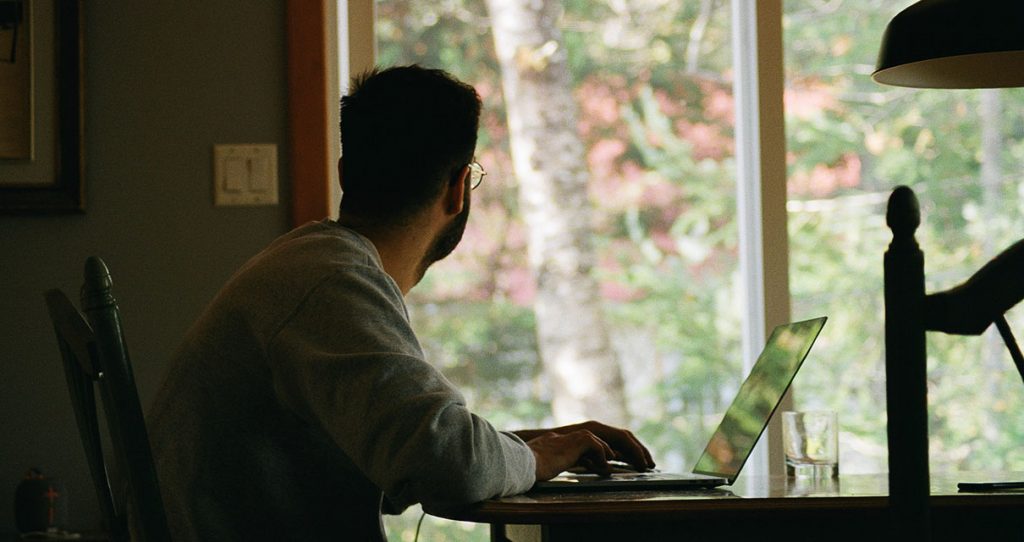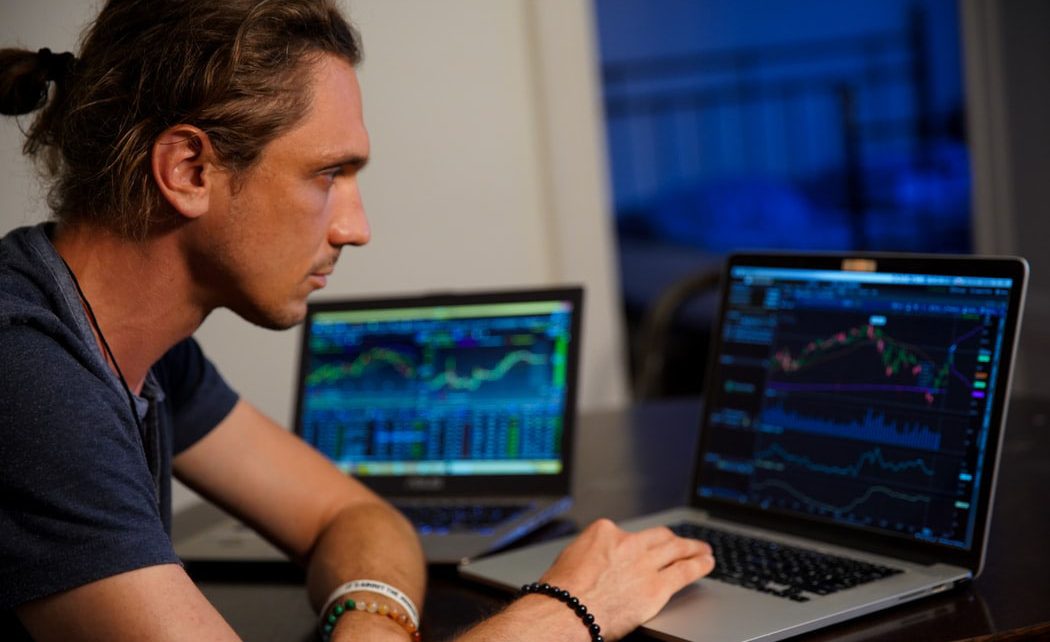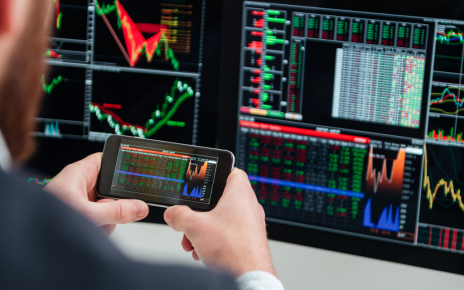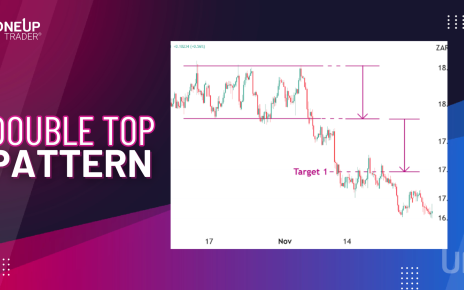Most successful traders have proven trading strategies. Choosing the best trading parameters for them is a walk in a park. But is that all you can learn from them? There is more than meets the eye. The psychology of a professional and successful trader is different from that of a beginner.
They have mastered trading psychology. It enables them to look where others cannot imagine and quickly find that profitable needle in a haystack.
What is trading psychology? What does mastering it imply? Scroll below to find answers to these questions and learn how to master your trading psychology to succeed in trading.
Understanding Trading Psychology
Let’s start with the trading psychology definition:
“Trading psychology refers to the emotions and mental state that help dictate success or failure in trading securities.”
It encompasses your character traits, behavior, thoughts, and emotions that could influence your trading decisions and actions. Given that it is hard to act outside of your psychology, mastering trading psychology is as important as becoming more experienced, skilled, and knowledgeable in the world of securities trading.
Now that we’ve covered some basics let’s see how you can master trading psychology.
Confidence is Not Only Reserved for Savvy Traders

Confidence is a massive thing in psychology. It stands for your belief that you chose the right choice and that you can appropriately act on the strategy you’ve developed. Confidence is so crucial that it is considered a personality trait, often referred to as self-confidence. Self-confidence is your belief and attitude regarding your strengths and abilities.
Why is confidence necessary? When you improve your self-confidence, you will:
- Feel more empowered, especially when trying something for the first time;
- Feel less anxious in unfamiliar situations;
- Experience less stress;
- Be able to learn from your failures instead of identifying with them;
The proven practices to improve self-confidence may not work for traders, at least not to a sufficient extent. So what are you to do then? There is one thing that every trader should boost confidence levels – backtesting. Developing new strategies, diversifying set parameters, and backtesting them can help you improve confidence and master trading psychology.
Focus is a Bread and Butter of Trading Psychology

Focus is closely tied to attention. It is a conscious focus of attention on a specific target. It has been a subject in many psychological studies. So why is it relevant in trading psychology? First, you will need to stay focused, sometimes hours at a time, identifying patterns and promising trading ideas. Second, you will need to remain highly attuned to the markets over days, weeks, and months.
Focus and pattern recognition, a trading psychology aspect we will address in the next section, go hand in hand. When focused, you will be able to identify when a variety of factors underlying a trade come to the point of making the trade viable.
Becoming able to shift your focus from one matter to another is crucial as you will have to make cognitive shifts all the time. You will be able to assess the risks and make fast decisions. How do you train your brain to live in the now? The most common exercise is to focus on your breathing, trying to keep out all other thoughts. You can also improve focus by closely paying attention to buy in and buy out patterns while backtesting your trading strategy.
Improving Pattern Recognition
Pattern recognition is one of the oldest concepts of cognitive neuroscience and psychology. It refers to a “cognitive process that matches information from a stimulus with information retrieved from memory.”
While you don’t have any control over it as it triggers automatically, you can significantly improve this aspect of trading psychology.
Where to start? You should standardize three processes:
- Researching
- Tracking
- Trading
Instead of jumping straight into any of these three, make a list of all the things you need to do and pay attention to before you can consider a phase complete. It will enable you to change your perspective and start paying attention to more details. Pay special attention to relationships, causes, and effects.
The more details you go through, the more information you will have in your memory to match the data from the stimulus. In other words, you will be able to achieve high-level pattern recognition. How to do it safely? Engage in paper trading to improve pattern recognition without risking losing real money.
Address the Notorious “Need to Make Money” Syndrome
The “need to make money” syndrome is a real thing in trading psychology, and it often results in financial pressure. It often happens to inexperienced traders who have no other source of income but trading. It can lead to an irrational decision-making process putting traders at a significant disadvantage. Simply put, the “need to make money” syndrome puts you in this mindset of making money no matter the cost.
To avoid the need to make money pitfalls, you should carefully structure your trading. More importantly, you should ensure that it is not your only source of income. Let your day job pay for the bills and food so that you can focus on your trading strategies, research, and analysis. It will help you make better decisions and avoid getting trapped into the “I have to make money” mindset.
Keep Your Emotions in Check
First and foremost, feeling emotions makes you a human being. There is no need to suppress your feelings to master trading psychology. However, your feelings can get in your way and make you get out of winning trades too soon or exit losing trades too late. Emotions have the power to suppress your logic and give too much thought to a single trade.
The two culprits that often trouble traders are greed and fear. Greed can make you stay in a position way too long or act on speciation rather than on extensive research. Fear is on the opposite spectrum. It can make you believe you will lose too much, forcing you to sell too early and irrationally.
Emotions can make you feel detached from here and now, locking you into the “exit or stay” decision-making loop. They can make trading feel like gambling, while it is not. So how do you keep your emotions in check then?
Make sure that all of your trading strategies are well researched, carefully planned, and backtested. You have a plan. Stick to it. You’ve set your stop loss, and you are executing the plan you spend hours putting together. Executing the plan is more important than fussing about the potential outcome.
At last, your thoughts, emotions, and behavior are subject to change. Thus, one of the most important aspects of trading psychology is being able to adapt to new scenarios. To do it, you can learn from the established traders, see how they work in markets, and ask them for advice.
OneUp Trader offers you a unique opportunity to get funded and become a part of a healthy and supportive traders community to grow and develop as a professional trader. Sounds interesting? Get evaluated now and become a trader today.





